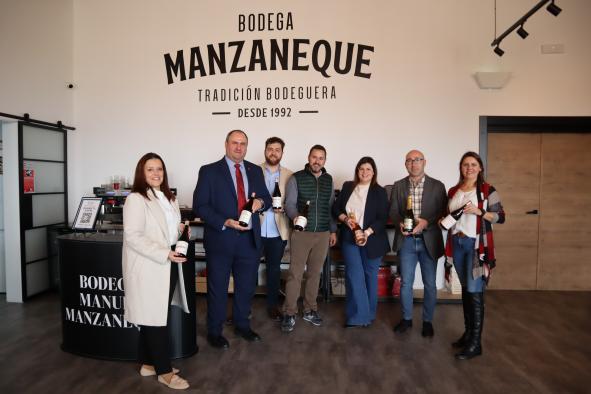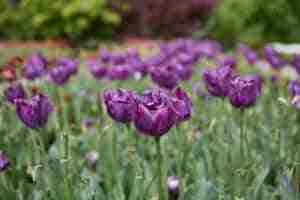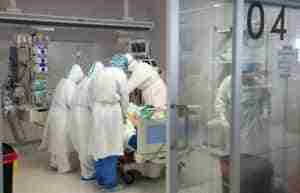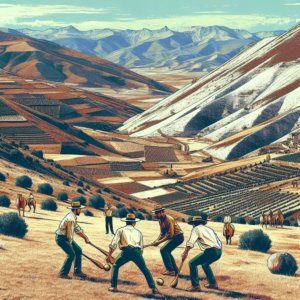
La Gineta (Albacete), 21 de febrero de 2025
El Gobierno de Castilla-La Mancha mantiene su apuesta para que el sector vitivinícola de la región siga siendo punta de lanza a nivel mundial, tal como ha destacado el consejero de Agricultura, Ganadería y Desarrollo Rural, Julián Martínez Lizán, durante una visita a Bodega Manzaneque, en la localidad albaceteña de La Gineta.
Martínez Lizán ha informado de que este viernes se han enviado las resoluciones favorables para los 41 proyectos de Promoción del Vino en Terceros Países, “una ayuda que va a llegar a todas las bodegas que lo han solicitado, que van a recibir 2,1 millones de euros para 4,2 millones de inversión, para seguir engrandeciendo un sector que es una de las principales actividades socioeconómicas de nuestra región”. “Ésta es una apuesta más por vender vino fuera de nuestro entorno, en sitios que no nos conocen, pero que tienen un potencial importante y donde intentamos acercarlo”, ha añadido.
Además, tal como ha recordado el consejero, “desde el día 31 de enero, los viticultores de Castilla-La Mancha están recibiendo el cuarto pago de reestructuración del año financiero 2025: 3,7 millones de euros para 166 viticultores que van a reestructurar 597 hectáreas de viñedo”. Con este abono, son ya 11,6 millones de euros los que se han transferido al sector vitivinícola para que incremente su competitividad en el presente ejercicio, que comenzó el 16 de octubre de 2024.
En los próximos días, “se van a publicar tanto las bases como la nueva convocatoria para aquellos que quieran seguir reestructurando sus viñedos”, ha afirmado. Estará dotada con unos 40 millones de euros, aunque se espera que Castilla-La Mancha pueda rescatar, como ha ocurrido en años anteriores, fondos que otras comunidades autónomas no ejecutan.
Estas ayudas se suman a otras líneas como VINATÏ, que permite a las bodegas modernizar sus instalaciones y maquinaria y que “desde que Emiliano García-Page es presidente han permitido financiar 448 proyectos, que han supuesto una inversión superior a 400 millones de euros, con una ayuda de 131 millones”.
Las ventas de vino se mantienen
During the act, the Minister of Agriculture, Livestock, and Rural Development explained that «these days we have learned about wine stocks at the end of the year and we can say that there is great dynamism and that Castilla-La Mancha wine continues to sell.» At the end of December, there are less than 23 million hectoliters of wine and must in the region. «Only at the end of 2023 there were fewer and I don’t need to tell you that this year we have produced 30 percent more wine compared to last year,» he said.
Julián Martínez Lizán commented that «this does not happen in the rest of the country. Castilla-La Mancha produced this year 62 percent of the total national wine and must, five points above the average of the last decade; and we only have 43 percent of national stocks.» All thanks to the fact that «our winegrowers are knowing how to adapt to consumer tastes, offering more white and young red wines, which is what is demanded, and that is noticeable in the markets and translates into good data for the sector.»
Una bodega que hace vinos con alma
The Minister of Agriculture, Livestock and Rural Development has visited Bodega Manzaneque, a family bet within a broader project that includes vineyards in different areas and also promotes wine tourism, with the aim of boosting the wine culture of Castilla-La Mancha. «Once again, the potential of rural areas is demonstrated,» celebrated Martínez Lizán, highlighting that «this project moves forward from a town in La Mancha in Albacete and does so with the help of the Mancha Júcar – Centro Rural Development Group and also with a VINATÏ line file, both for the energy and technological improvement of this winery.»
Set up by a young couple, Bodega Manzaneque produces «wines with soul» and is an example that «our companies are increasingly offering quality products that make them stand out,» the minister assured. «In fact, this winery produces very few bottles, but very carefully, and 100 percent of its wines have the Protected Geographical Indication of Castilla-La Mancha and are also registered for the use of the Campo and Alma guarantee mark. I want to thank Manuel and Paloma for betting on the region,» he concluded.
Accompanied by Manuel Manzaneque and Paloma Mínguez, the owners, the minister has learned about the project and the facilities along with the delegate of Agriculture, Livestock and Rural Development, Ramón Sáez; the mayor of La Gineta, José Sánchez, and part of its Council.



















